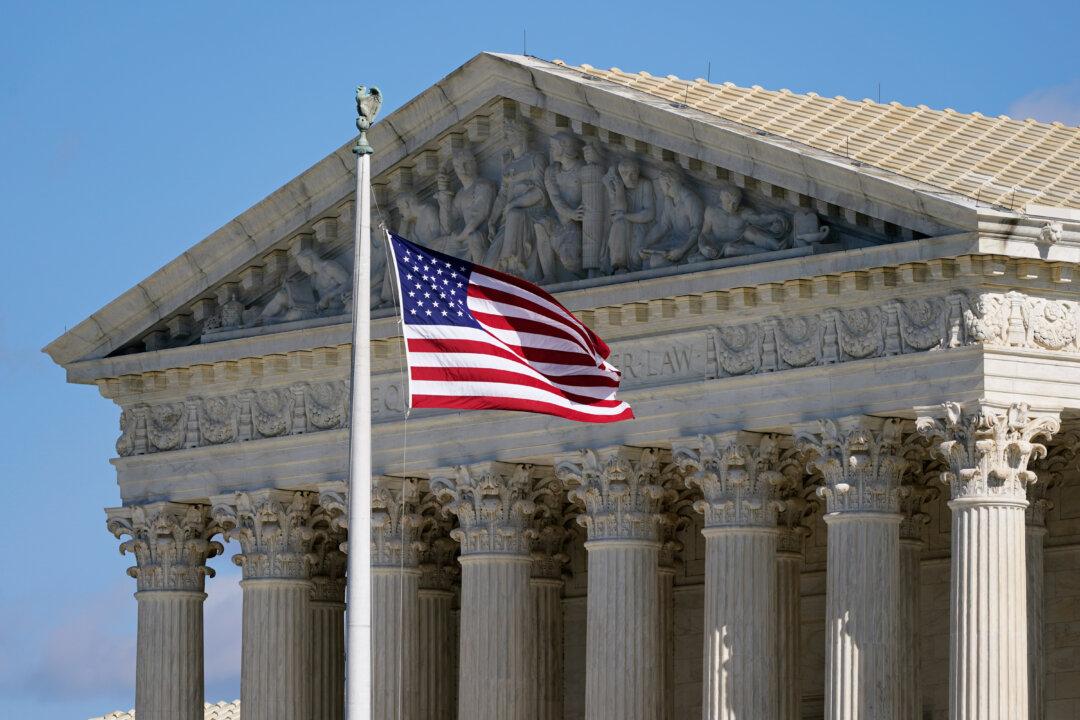Commentary
I fled academia in 2010 because of its increasingly bizarre environment. Since then, the situation has only gotten worse. This is reflected in the scholarly journals, in which they publish more and more silly stuff.

I fled academia in 2010 because of its increasingly bizarre environment. Since then, the situation has only gotten worse. This is reflected in the scholarly journals, in which they publish more and more silly stuff.